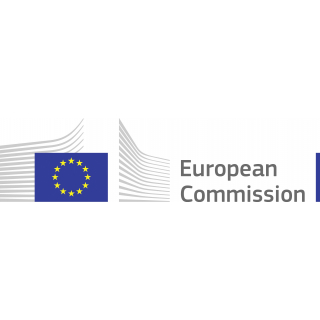 LymphoTOP
LymphoTOP
Deciphering translocation-based genome topology effects and their role in lymphoma formation
Principal Investigator/s
Field / Programme
Genome Biology
Genome Biology
Summary
Cancer is often associated with chromosomal translocations, a phenomenon whereby a chromosome breaks, and its fragments reattach to another chromosome. This may interrupt tumour-suppressor genes or more often create fusion genes or proto-oncogenes at the translocation breakpoint, leading to oncogenesis. The working hypothesis of the EU-funded LymphoTOP project is that chromosomal translocations disturb genome architecture and may cause further deregulation. Researchers will focus on non-Hodgkin lymphoma and determine how translocations in immunoglobulin genes may affect the genomic and epigenetic landscape and lead to the disease. Results will provide fundamental knowledge on nuclear function and carcinogenesis.
Cancer is often associated with chromosomal translocations, a phenomenon whereby a chromosome breaks, and its fragments reattach to another chromosome. This may interrupt tumour-suppressor genes or more often create fusion genes or proto-oncogenes at the translocation breakpoint, leading to oncogenesis. The working hypothesis of the EU-funded LymphoTOP project is that chromosomal translocations disturb genome architecture and may cause further deregulation. Researchers will focus on non-Hodgkin lymphoma and determine how translocations in immunoglobulin genes may affect the genomic and epigenetic landscape and lead to the disease. Results will provide fundamental knowledge on nuclear function and carcinogenesis.
Start: 01/10/2022 End: 30/09/2027
Total Budget: 1.499.993,00
CRG Budget: 1.499.993,00

